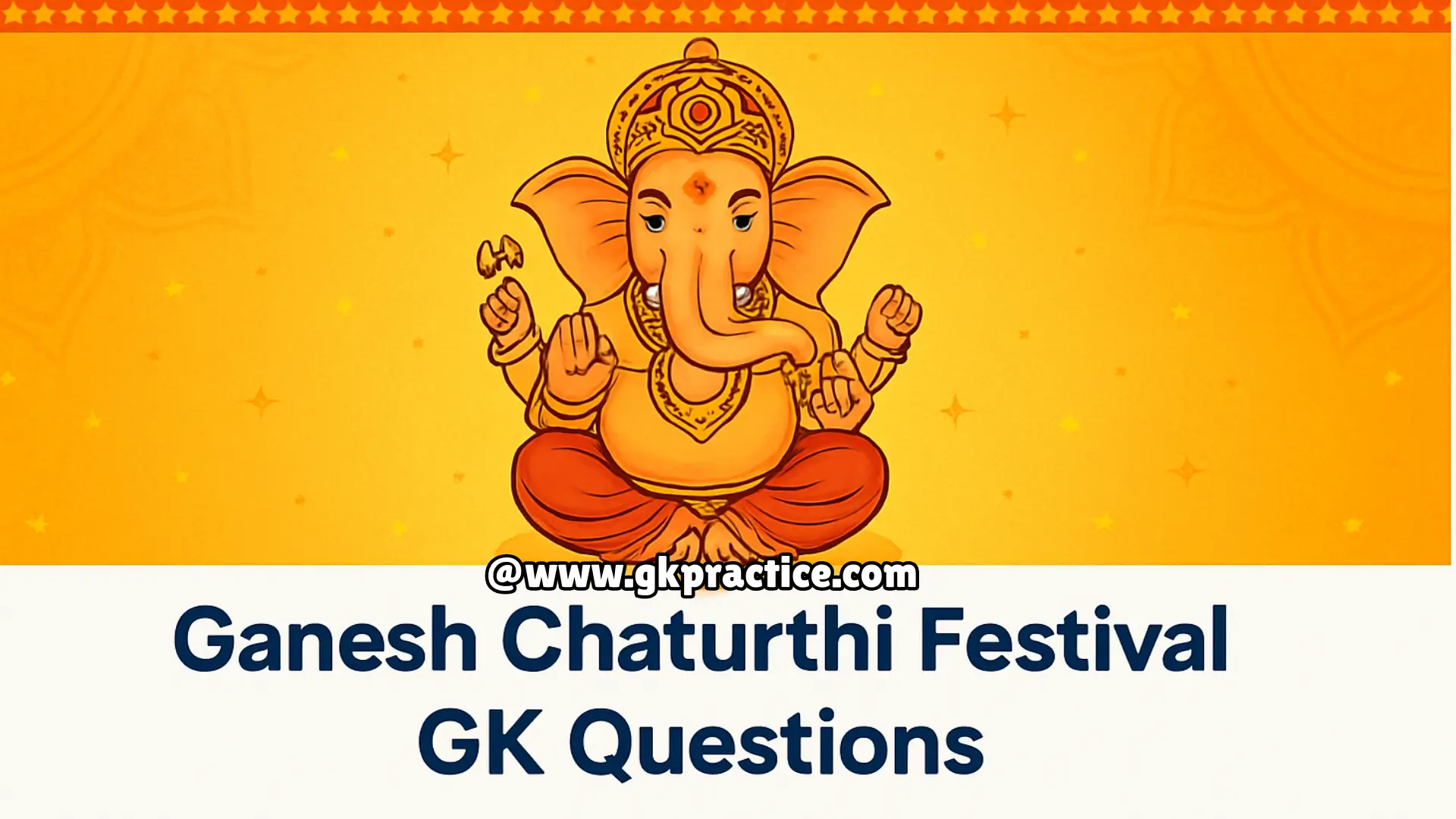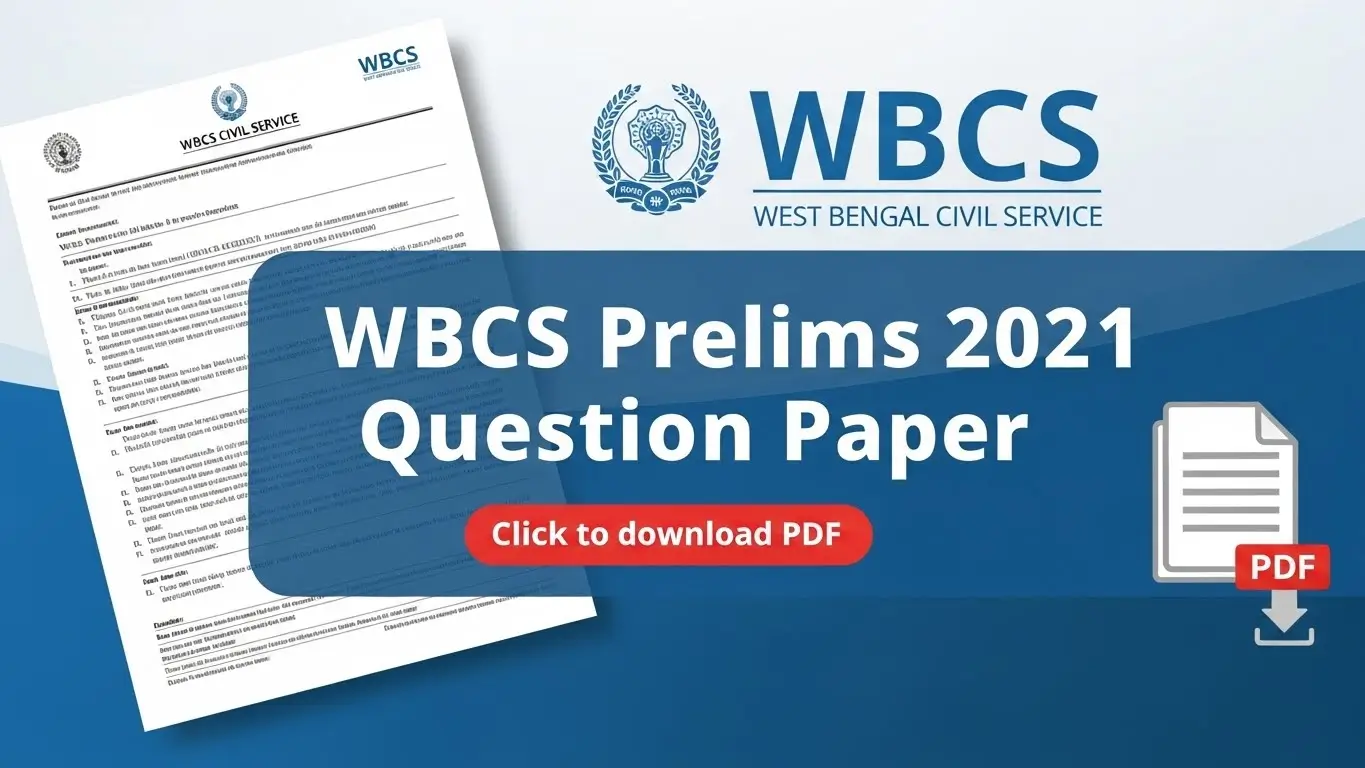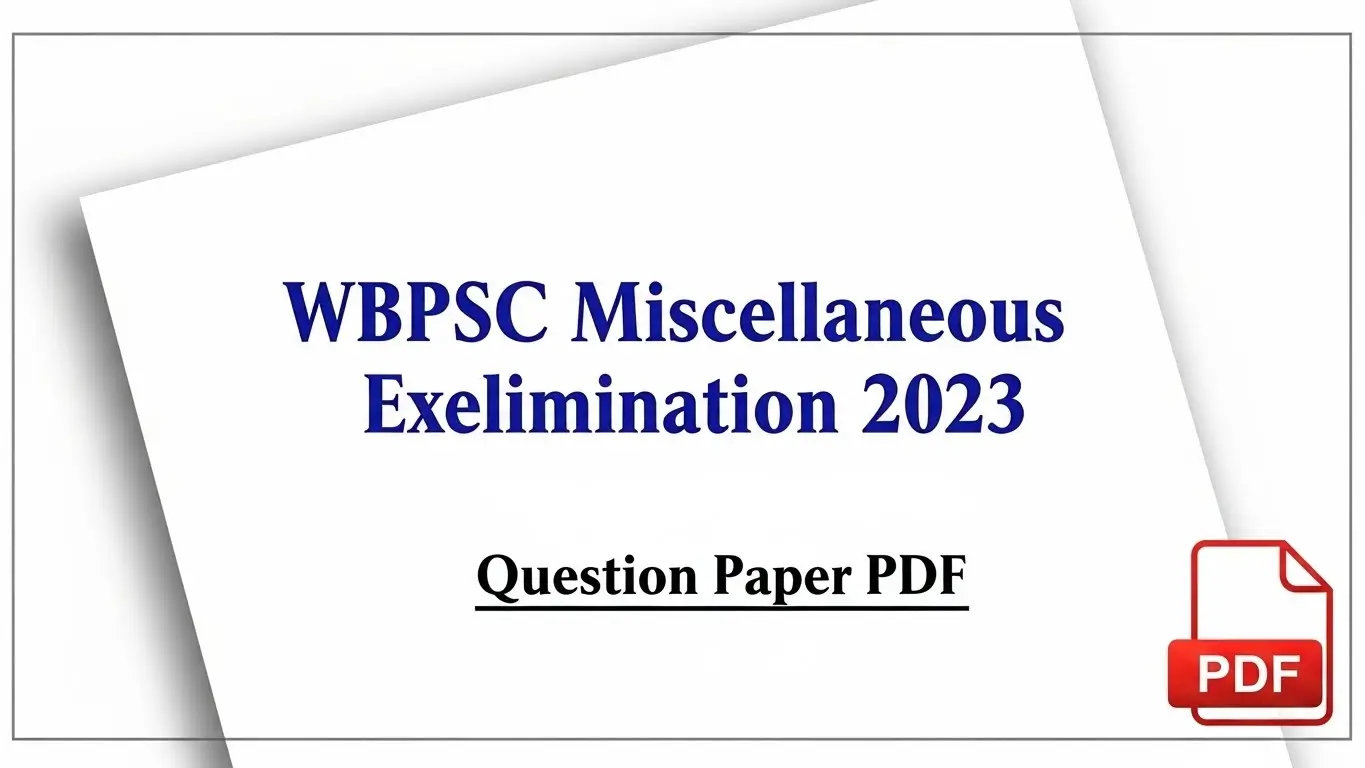A) 21
B) 51
C) 108
D) 1000
Explanation: Lord Ganesha is said to have 108 names such as Vighnaharta, Ekadanta, Lambodara, and Gajanana. Each name signifies a unique attribute, quality, or divine aspect of the beloved elephant-headed deity.
Q22) Which scripture narrates the story of Ganesha’s birth?
A) Rigveda
B) Shiva Purana
C) Bhagavad Gita
D) Ramayana
Explanation: The Shiva Purana narrates how Goddess Parvati created Ganesha from turmeric paste. Later, Lord Shiva blessed him as the remover of obstacles and declared him the first deity to be worshipped in all rituals.
Q23) What does Lord Ganesha’s broken tusk symbolize?
A) Loss of power
B) Sacrifice and wisdom
C) Wealth
D) Arrogance
Explanation: The broken tusk (Ekadanta) symbolizes sacrifice, as Ganesha broke it to write the Mahabharata dictated by sage Vyasa. It represents knowledge, patience, and the idea that imperfection can lead to perfection.
Q24) Which color is considered most auspicious for Ganesh Chaturthi decorations?
A) Black
B) Red
C) Blue
D) White
Explanation: Red is considered highly auspicious for Lord Ganesha. Devotees offer red flowers and decorations, as the color symbolizes energy, purity, and devotion, pleasing the deity and invoking his blessings.
Q25) What does the large belly of Lord Ganesha represent?
A) Strength
B) Contentment and universe
C) Wealth
D) Food
Explanation: Ganesha’s large belly symbolizes the ability to peacefully digest both good and bad experiences in life. It also represents the universe’s vastness and the importance of patience and tolerance.
Q26) Which festival closely follows Ganesh Chaturthi in many states?
A) Durga Puja
B) Diwali
C) Onam
D) Navratri
Explanation: After Ganesh Chaturthi, many states prepare for Navratri, another major Hindu festival. While Ganesh Chaturthi emphasizes wisdom and new beginnings, Navratri focuses on devotion to Goddess Durga and victory of good over evil.
Q27) The festival of Ganesh Chaturthi is also known by which other name?
A) Vinayaka Chaturthi
B) Ekadashi
C) Gauri Puja
D) Kartik Purnima
Explanation: Ganesh Chaturthi is also called Vinayaka Chaturthi. In southern India, devotees popularly use this name to honor Lord Vinayaka, another title of Ganesha, meaning the supreme leader or remover of obstacles.
Q28) Which flower is considered most sacred for offering to Lord Ganesha?
A) Lotus
B) Jasmine
C) Hibiscus
D) Marigold
Explanation: Red Hibiscus is considered the most sacred flower for offering to Lord Ganesha. Its bright color and vibrancy symbolize strength, energy, and devotion, making it especially dear to the elephant-headed deity.
Q29) Why do people avoid looking at the moon on Ganesh Chaturthi night?
A) Brings misfortune
B) Causes illness
C) Leads to false accusations
D) Angers Lord Shiva
Explanation: According to legend, looking at the moon on Ganesh Chaturthi invites false accusations or bad luck. This belief originates from a story where the moon mocked Ganesha, leading to a curse by him.
Q30) What is the eco-friendly alternative to plaster idols in Ganesh Chaturthi?
A) Plastic idols
B) Wooden idols
C) Clay and natural colors
D) Metal idols
Explanation: Eco-friendly idols made of clay and natural colors are increasingly used in Ganesh Chaturthi celebrations to reduce water pollution. These dissolve easily during Visarjan, ensuring devotion while protecting the environment.
Ganesh Chaturthi is not just a festival but a symbol of unity, devotion, and culture. By practicing Ganesh Chaturthi Festival GK Questions, you can enrich your awareness of Indian traditions and also prepare well for quiz competitions and exams. May Lord Ganesha bless you with wisdom and success!
:
👉Join Telegram Channel to Get Daily GK Questions & Answers for Competitive Exams.
📌 Related GK Posts:
🔗 Read More: Daily GK Quiz Questions and Answers
📘 Colorful Festivals Of West Bengal GK Questions & Answers – GK Practice
✨ State Festivals Of Odisha GK Questions – Must Read For Competitive Exams – GK Practice







